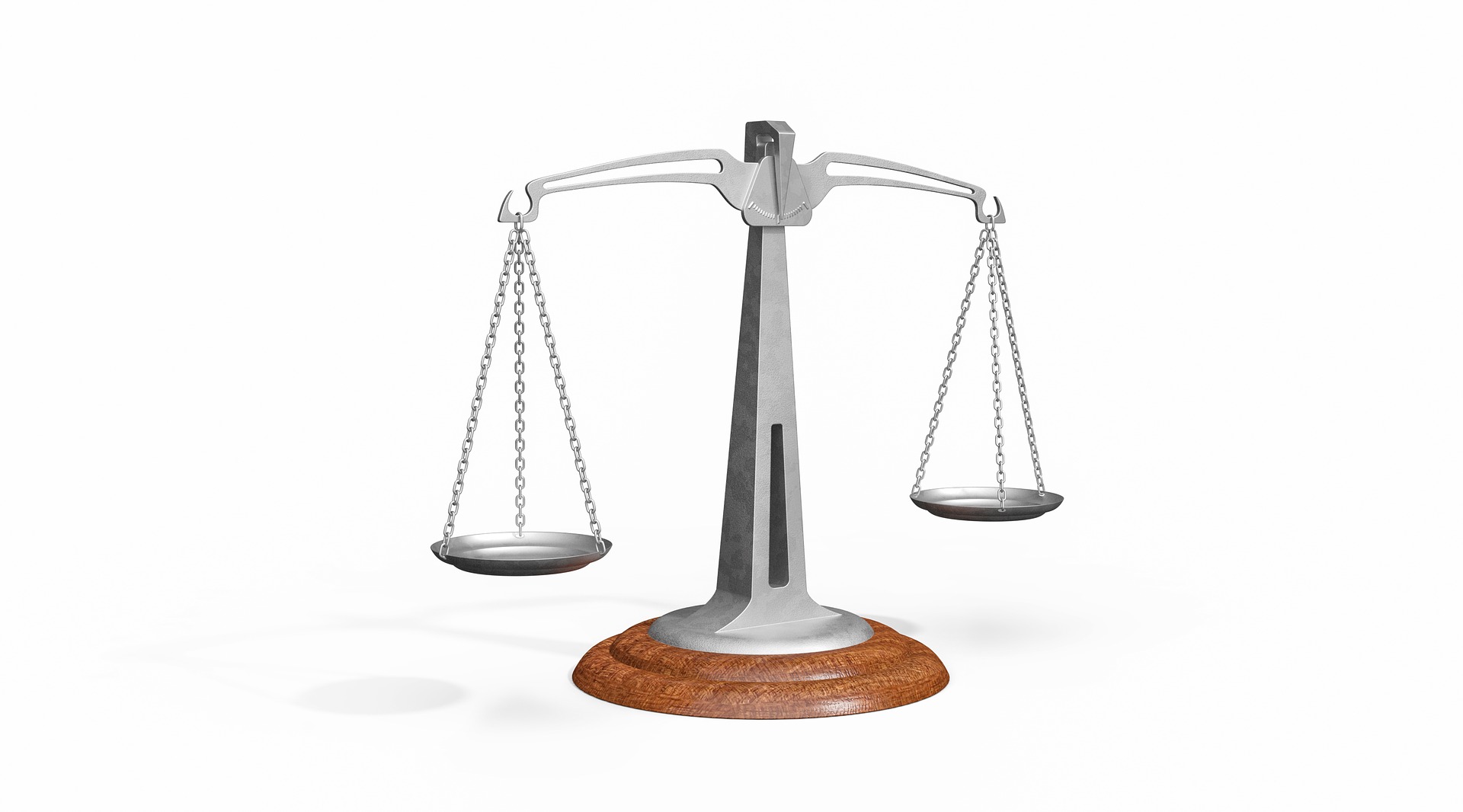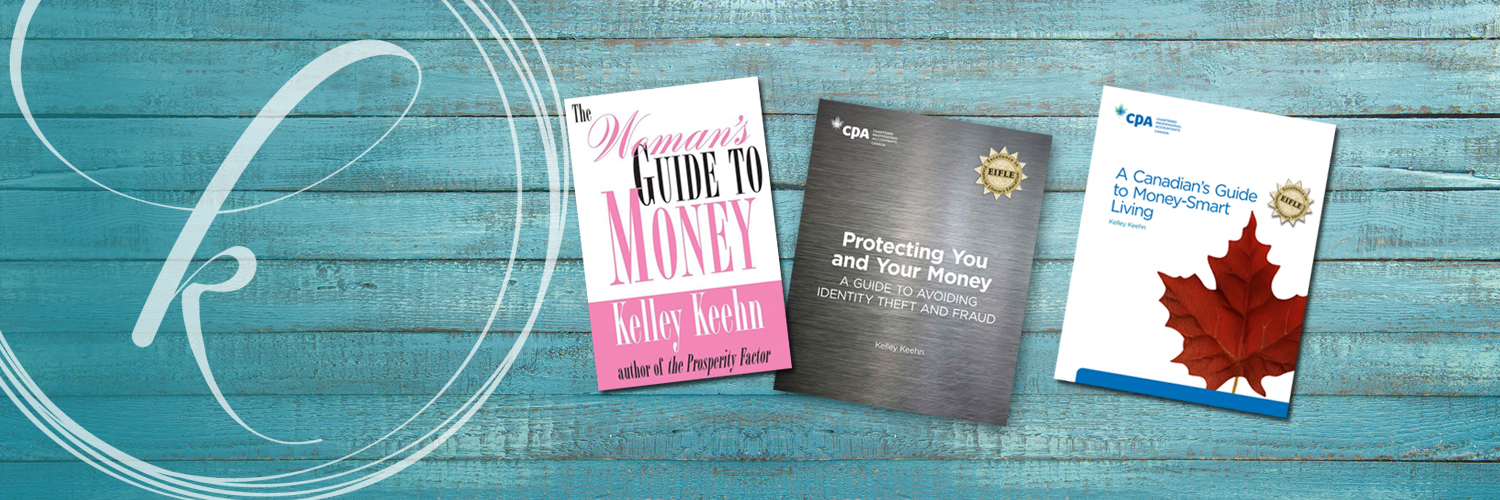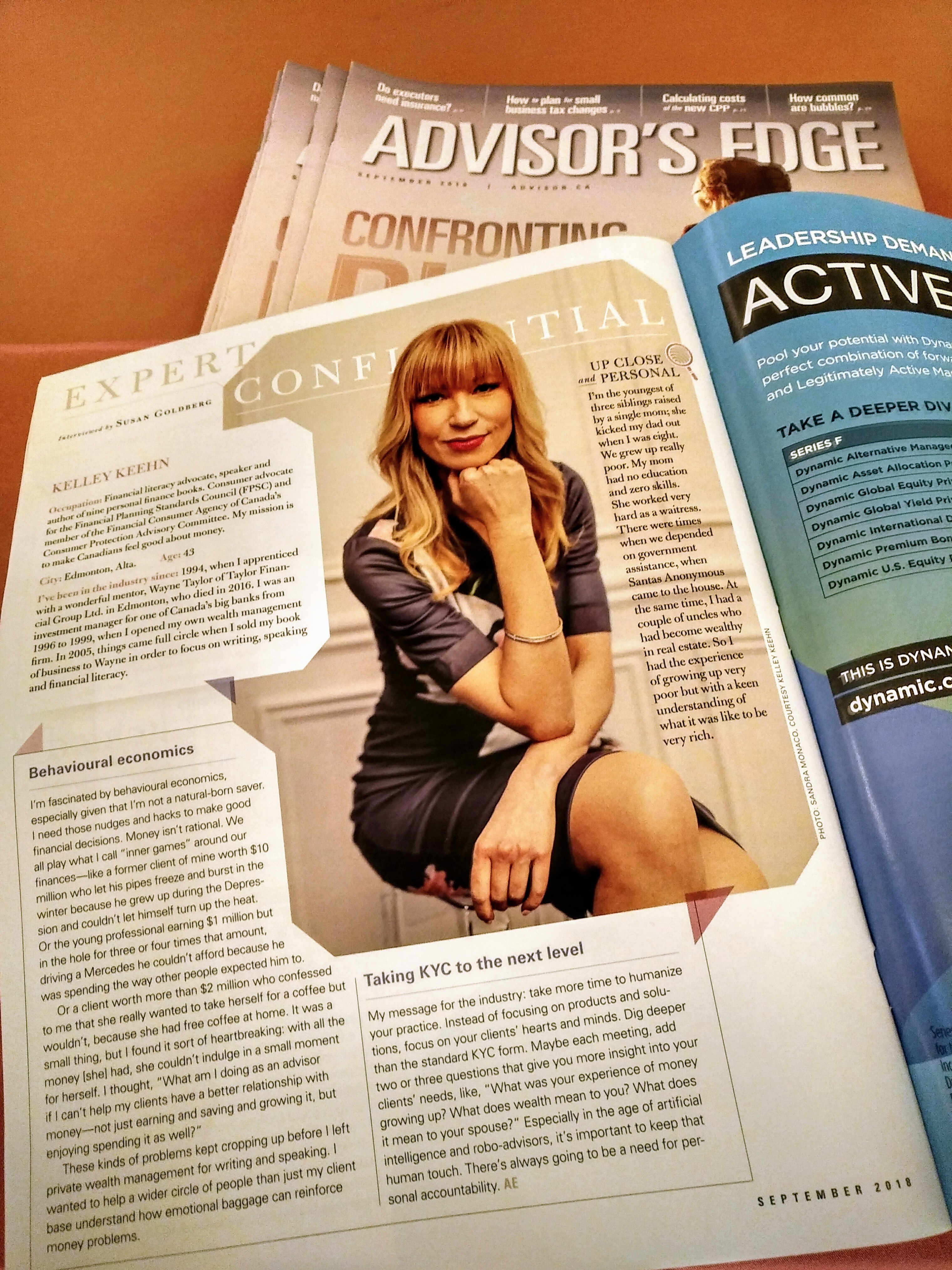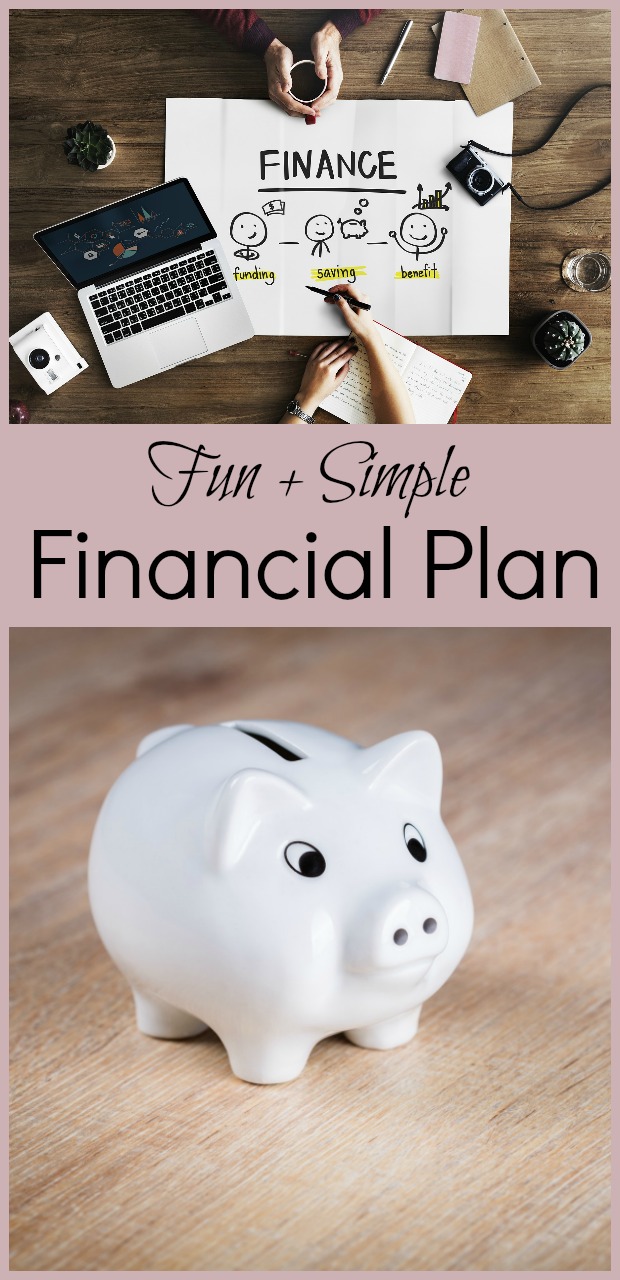Personal Finance Educator Kelly Keehn shares her tips on how to get your budget back on track after the Christmas hangover!

Many of us likely went a little overboard on Christmas spending (insert monkey covering its eyes emoji here). If you’re like me, you tend to justify spending way more during the holidays, because you want to make the experience as magical and perfect as possible. However, looking at the leftovers of going overboard ain’t so pretty. Thankfully, Kelley Keehn is here to help us…
I never thought discussing finances could be fun, but somehow, Kelley makes it happen. I recently met her for the first time while we were both panelists on The Ryan Jespersen Show (listen to the podcast here). Kelley’s refreshing approach to developing plans for personal finances really inspired me, and I knew instantly many of you would find equal value in her expertise.

Introducing, Kelly Keehn
Kelley Keehn is an award-winning author, personal finance educator, and the Consumer Advocate for the Financial Planning Standards Council (FPSC). She has written nine books on personal finance, including Protecting You and Your Money; A Guide to Avoiding Identity Theft and Fraud, and A Canadian’s Guide to Money Smart Living. She’s the personal finance expert for Marilyn Denis’ show, was the host of the W Network’s Burn My Mortgage, sat on the National Steering Committee on Financial Literacy, currently serves on the Financial Consumer Agency of Canada’s Consumer Protection Advisory Committee, the Ontario Securities Commissions’ Seniors Expert Advisory Committee, and is a member of the OECD’s International Network on Financial Education. The gal knows her stuff.

How To Get Your Budget Back on Track: Where Do We Start?
When it comes to matters of health and wealth, the two are so intrinsically similar. As a personal finance educator, author and speaker, I’ve been telling my audiences for years that the keys to optimal well-being with your finances or your body are pretty simple. Eat less and move more. Save ten percent of your income and spend less than you make. We all know this, right?
But if the path were so simple, why are we doing so poorly? As of 2017, 64% of Canadian adults are overweight or obese, and 30% of children 5-17 are overweight or obese. And if sage, basic advice also applies to our finances, why do Canadians owe around $1.77 for every dollar we bring in of disposable income2 (that number was 66 cents in the 80s)? 1 in 5 couldn’t make it a week if they lost their primary source of income3 and 20% of those with a household income of $80,000 or more have used a pay-day loan4. So, I guess it’s not that simple and definitely not easy either.

My mission is for Canadians to feel good about money. But that’s super hard to do if you’re finding yourself pay-cheque to pay-cheque. Many experts will say that you need a budget to get your finances in order. While that’s helpful for some, I think budgets are a lot like diets. They work in the short term but are incredibly hard to sustain over time. So, what is the solution? Let’s go back to my health analogy for the answer.

If you were going to vow to get into better shape this year, you’d essentially need to do three things:
- Get on a scale and weigh-in. If you’re not honest about where you are, it’s tough to get where you want to go.
- Count your calories. We know that movement and gym-time is super important, but the food you put in your body makes the biggest difference (for better or worse).
- Bring in the reinforcements. Whether it’s getting a personal trainer, nutritionist or joining a running group, an expert and someone holding you accountable is going to maximize your chances for success.
Let’s look at how that logic can apply to your finances.

Where To Start:
- Weigh-in financially. This is a super hard step for many people. It means opening those credit card statements and bills and really digging into the details. What do you owe? What’s the interest rate that you’re paying?
- Start to count your financial calories. Because I don’t believe in budgets, check out my 30 Day-Anti Budget. Essentially, you want to track every dollar you spend over 30 days and find out where you can trim the financial fat. It’s not about sacrifice – it’s about choice and awareness. Once you see where you and your family are spending your dollars, you can make a choice of where you might make some adjustments. Your expenditures are likely more than you thought.
- Then, you can get online and start crunching the numbers. If you’re only paying the minimum payment on your credit cards for example, what would just a few dollars more a day make in getting those debts dealt with? Try the Financial Consumer Agency of Canada’s awesome line-up of calculators or those at Credit Canada. All free!

Resource Tips
Lastly, you need your financial reinforcements. A pro like a Certified Financial Planner can help you come up with a plan and help you identify your money blind spots. You don’t have to have money to invest with these folks either. Many charge by the plan or hour. You can find one at www.findyourplanner.ca.
If bills are the problem and you don’t know where to turn, try searching for a non-profit credit counsellor like Money Mentors or Credit Canada. These people will take away the shame and embarrassment that often accompanies money stress. It’s free for your first call or meeting and they both have a ton of great resources.

When it comes to your health or wealth, we know it isn’t simple or easy. But the peace of mind you’ll find from having a financial plan is well worth the journey. Remember, small, consistent steps do make a difference. And, reach out and get the expertise to help set you on the right path or get back on track when life changes course on you.

Connect with Kelley:
Pin this to your personal finances and family budget boards and don’t forget to follow me on Pinterest!

Sources:
- Research done by the Public Health Agency of Canada
- Financial Planning Standards Council
- Statistics Canada
- Financial Planning Standards Council
- Financial Consumer Agency of Canada
xx

Leave a Reply